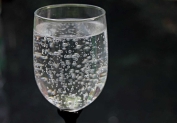
Advantage and Disadvantage of Sparkling Carbonated Water
Drinking sparkling water is a big health benefit. In our article, you will learn the reasons why it is preferable to drink sparkling water rather than natural smooth.
Sparkling water is good for health since it contains the same micro-nutrients as natural water and is differentiated by the addition of CO2 (carbon dioxide), which is an inert gas, eliminated by the body after ingestion. It only gives the presence of bubbles and a more acidic taste.
Is Sparkling Water Bad for You?
Sure enough, I did a fast online search and found many sites warning that drinking sparkling water would leech calcium in the bones, causing osteoporosis. Others claimed that carbonated drinks can damage the enamel on your teeth, irritate your stomach, or even result in cancer. Let’s sort reality from fiction.
However, some brands add artificial substances, flavours, and extra sweeteners, such as soda water, which end up diminishing the healthy effect of this type of water, therefore it is advisable to observe the packaging label before purchase. Simple sparkling water, without additives, has all the benefits of hydration and is often of great help for those who cannot drink a lot of sparkling water.
Does Carbonated Water Leech Calcium from Your Bones?
Soda consumption–especially cola intake –has been associated with lower bone mineral density. However, it’s pretty clear that it has nothing to do with the carbonation itself. Researchers had one set of girls drink a liter of still water each day while another group drank a liter of sour water. After eight months, the researchers could discover no difference between the groups when it came to markers for bone regeneration.
5 Advantages of Sparkling Water
Therefore, The main benefits of sparkling water are:
1. Sparkling Water make hydrates your body;

Sparkling water hydrates a lot and has the same nutrients as natural water. In addition, the addition of carbon dioxide is not harmful to health because the body absorbs and eliminates this gas.
2. Sparkling Water is Rich in a Nutrients
Mineral water, both carbonated and natural sparkling, is rich in nutrients such as calcium, potassium, and magnesium. Since it also contains sodium, people suffering from hypertension should be aware of the label, as some brands may add more sodium than necessary and the brands that do so should be avoided.
3. Sparkling Water Help you to lose weight
Sparkling water also helps you to put on weight such as the gas present in carbonated water, when released into the stomach, increases the feeling of fullness and a full stomach, which can help you eat less and reduce the number of calories in a meal. In addition, carbonated water has no calories and can, therefore, be consumed at will.
Sparkling Water Improves the Taste

Sparkling water makes the taste buds more sensitive to the taste of food and can accentuate their flavor, making it an excellent choice before enjoying a coffee or a glass of wine, for example.
In addition, the CO2 present in the water stimulates the function of the stomach, increasing its secretion and emptying and can improve the sensation of digestion.
5. Sparkling Water Can Replace Soda or Flavor Drink?
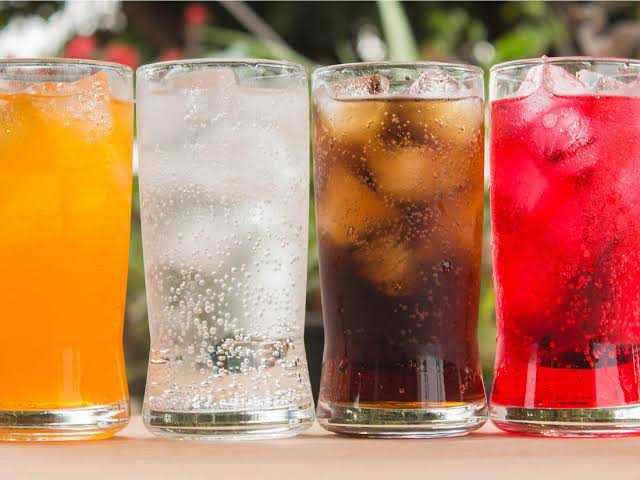
In addition to being taken in its natural version, sparkling water can be a healthy way to replace soda by flavouring it. The use of lemon, orange peel, mint, and ginger, for example, can be a great way to make your drink more palatable and make it easier to drink water during the day.
Disadvantages of Carbonated Water, Sparkling Water
Here are 5 possible negative side effects of sparkling water:
Sparkling Water can Stain your Teeth
Adam Thorne, a dentist in London’s Harley Street, said that can have a damaging effect on your teeth. He told the Daily Mail: “Most people have no idea that fizzy water is extremely acidic, it’s pH3 on the acidity scale. The bubbles erode your tooth enamel – and over time this causes painful yellow cracked teeth.”
The PH value of the sparkling water is equal to 3. If you consider that most of the white vinegar on the market has an acidity value between 2.4 and 3.4, drinking a glass of sparkling water would be equivalent to ingesting one of the vinegar. If the acidity in the mouth remains too high for too long, the consequences for our teeth and for our smile can prove to be deleterious.
Sparkling Water can Inflate your Abdominal
Carbonated water can cause abdominal bloating so those who are already subject to this annoying inconvenience should avoid consuming it.
Belching
Drinking carbonated water can cause eructations that are difficult to control, especially in the presence of hiatal hernia and incontinence of the lower esophageal sphincter.
Hiccups and coughs
Drinking carbonated water can increase the possibility of hiccups and coughs, potentially responsible for the penetration of food and drinks into the airways.
Bad Breath
In order not to increase the risk of bad breath or halitosis it is recommended to avoid the association between carbonated water and strongly aromatic foods.
Carbonated water, Sparkling and Effervescent Natural water
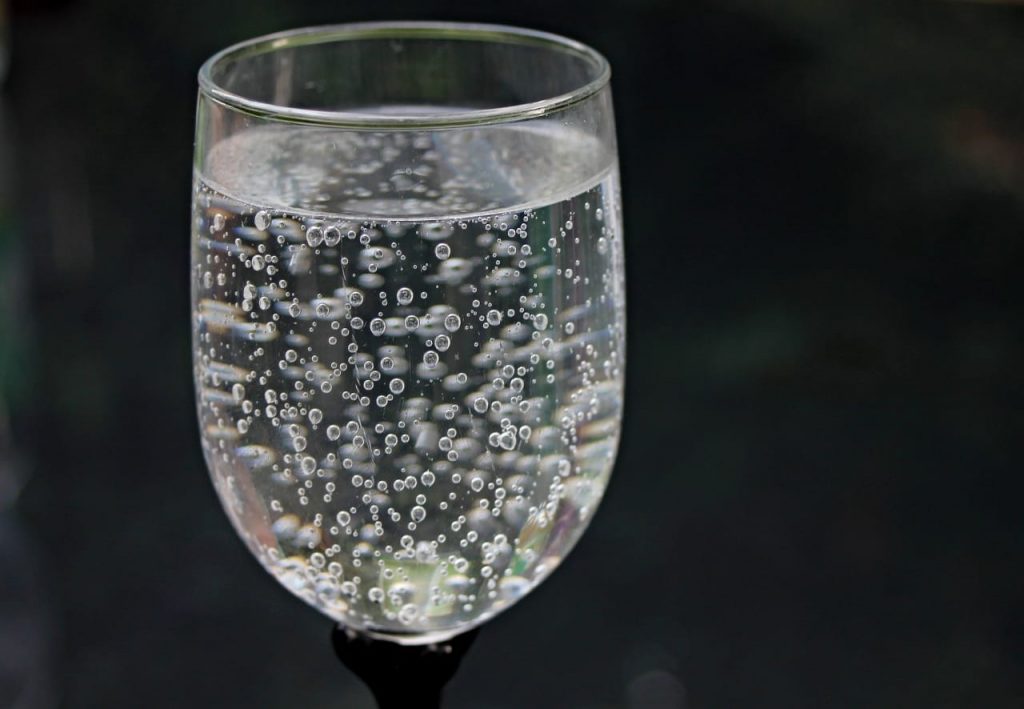
What is the difference between carbonated water and sparkling water? What is meant by natural effervescent water?
Carbonated water is mineral water particularly rich in carbon dioxide. Sometimes its famous bubbles represent a characteristic of natural origin (this is the case of effervescent water that flows from some sources), but it can also be a peculiarity obtained by adding carbon dioxide (also called CO2, carbon dioxide, or E290). As natural mineral water, carbonated water is also calorie-free.
Often there is confusion due to the ambiguous definitions of carbonated water and sparkling water. In reality, the difference is zero: the two terms are, in fact, synonymous. Both carbonated and sparkling water are distinguished from natural water by the addition of carbon dioxide.
However, both differ from natural effervescent water. In this case, the source transfers small quantities of carbon dioxide to these waters, giving an effervescence not artificially due to the addition of the gas, but naturally owned at the source.
Does Carbonated water Harm? Let’s clarify
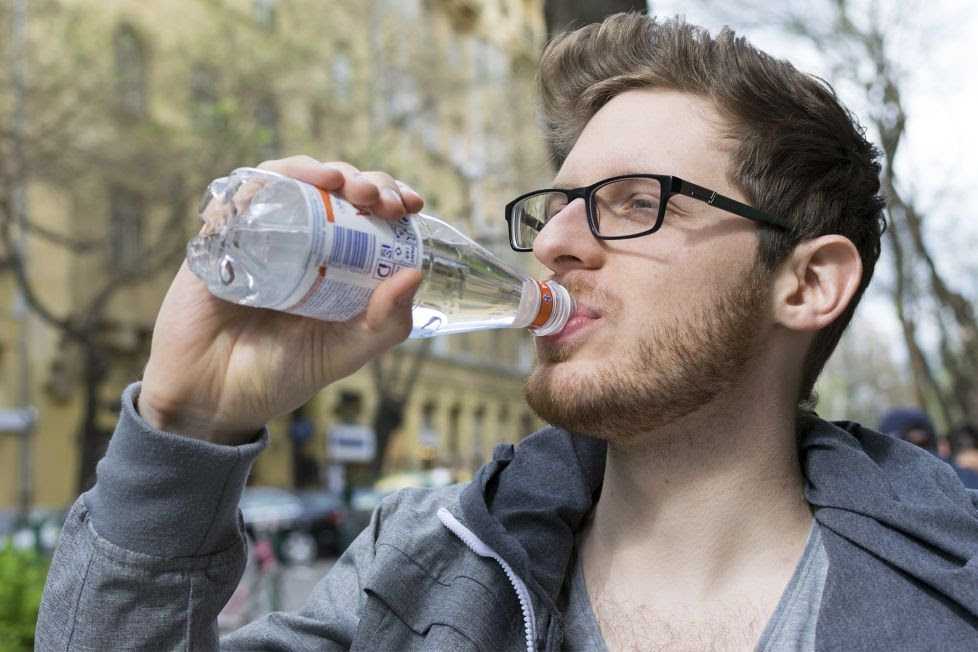
Experts explained that the original belief that carbonated water hurts is to believe that it prevents the absorption of calcium and, consequently, increases the risk of osteoporosis. In reality, there is no evidence of this and, at best, the confusion is dictated by old research that has found a link between the so-called “carbonated cola drinks” and the low bone mineral density.
This association has not been observed in carbonated mineral water and, for this reason, you can feel free from any impediment in sipping a glass of water with bubbles.
In summary, it is possible to say that drinking carbonated water does not harm your body, but must be done in moderation, always preferring the natural effervescent one.
Some Myths about Sparkling Water or Carbonated Water;
Due to the similarity in the appearance and taste of drinks such as soda, there are many myths created about sparkling water.
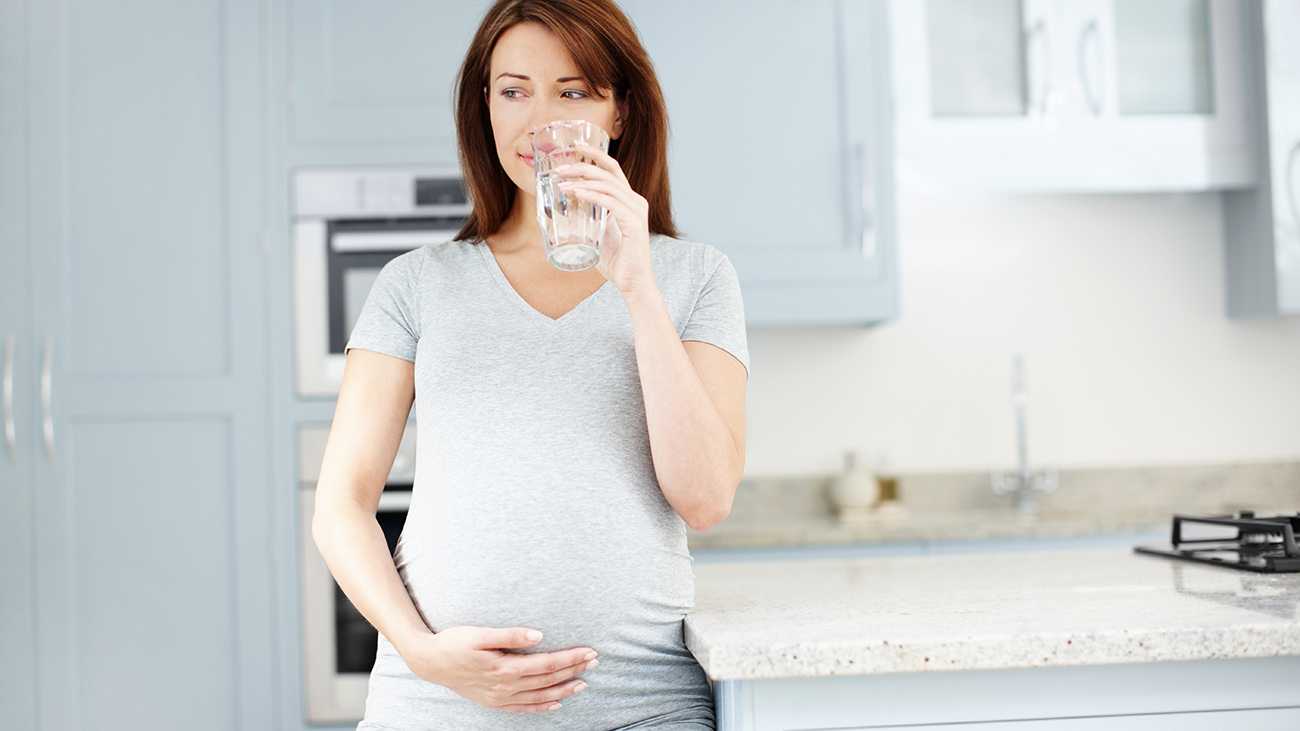
-It does not harm pregnancy and can be consumed normally during this period, however, in pregnancy the sensation of full stomach and swelling can be greater since the enlarged belly presses the stomach making it more sensitive.
-It does not cause cellulite because the increase in fat in the butt or legs is caused by the consumption of high sugary drinks such as sodas and juices.
-It does not absorb calcium from bones and does not interfere with the absorption of calcium from food. This can happen when you drink too much soda, mainly because with the excess consumption of this drink, other sources of minerals are eliminated from the urine more quickly. In addition, in soda, excess caffeine and phosphoric acid can reduce bone mineral density.
-It does not hurt the kidneys and the more it is consumed the better it is, as well as natural water so that they work better and the body is hydrated.
-It does not cause alteration or corrosion of the teeth, since the amount of acid is not too high to the point of having more acidity than a drink or lemon juice, for example. Therefore, to cause damage to the teeth, carbonated water should remain in contact with the teeth for many hours, which is absolutely not the case.
How much Sparkling Carbonated water can you drink?
The required amount of water per day, with or without gas, is about 2 litres or 8 glasses, but this can vary depending on the person’s weight, physical activity or excess, and the presence of some diseases, such as insufficiency kidney or heart failure.
When not drinking Sparkling water
Sparkling bottled water that has other products added such as artificial flavouring, sugar, sweetener, sodium, and other preservatives should be avoided.
In addition, sparkling water should not be consumed by children, since, despite doing equally well, it is important to get the child’s taste accustomed to natural water so that they enjoy and drink the water



